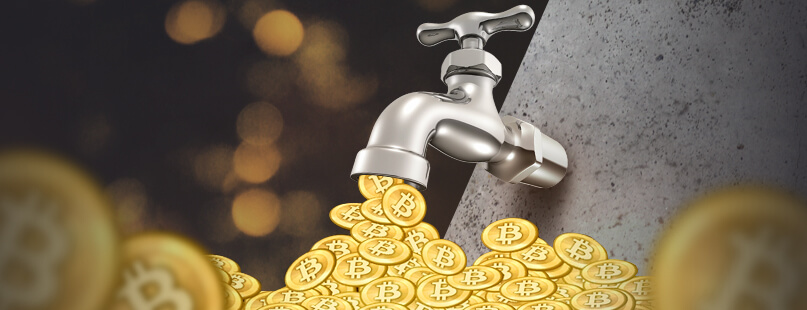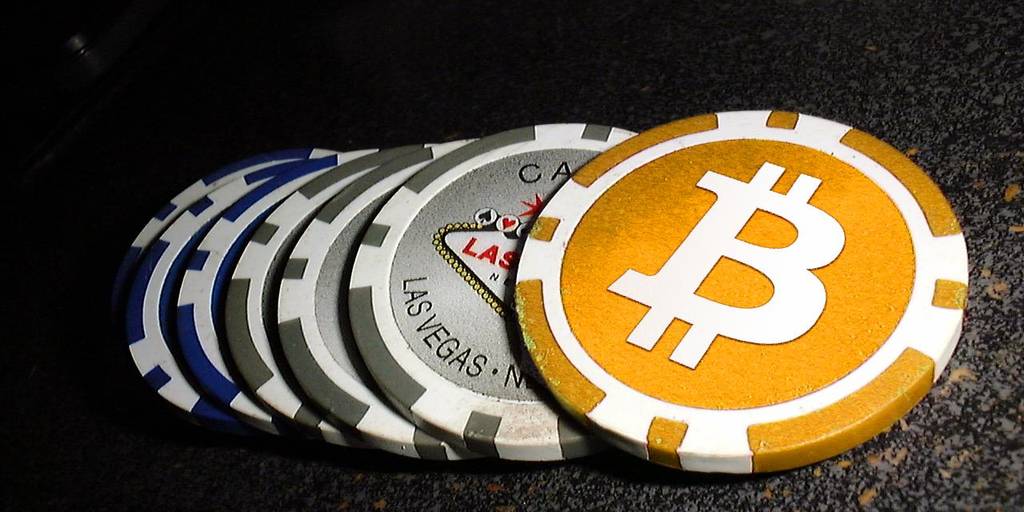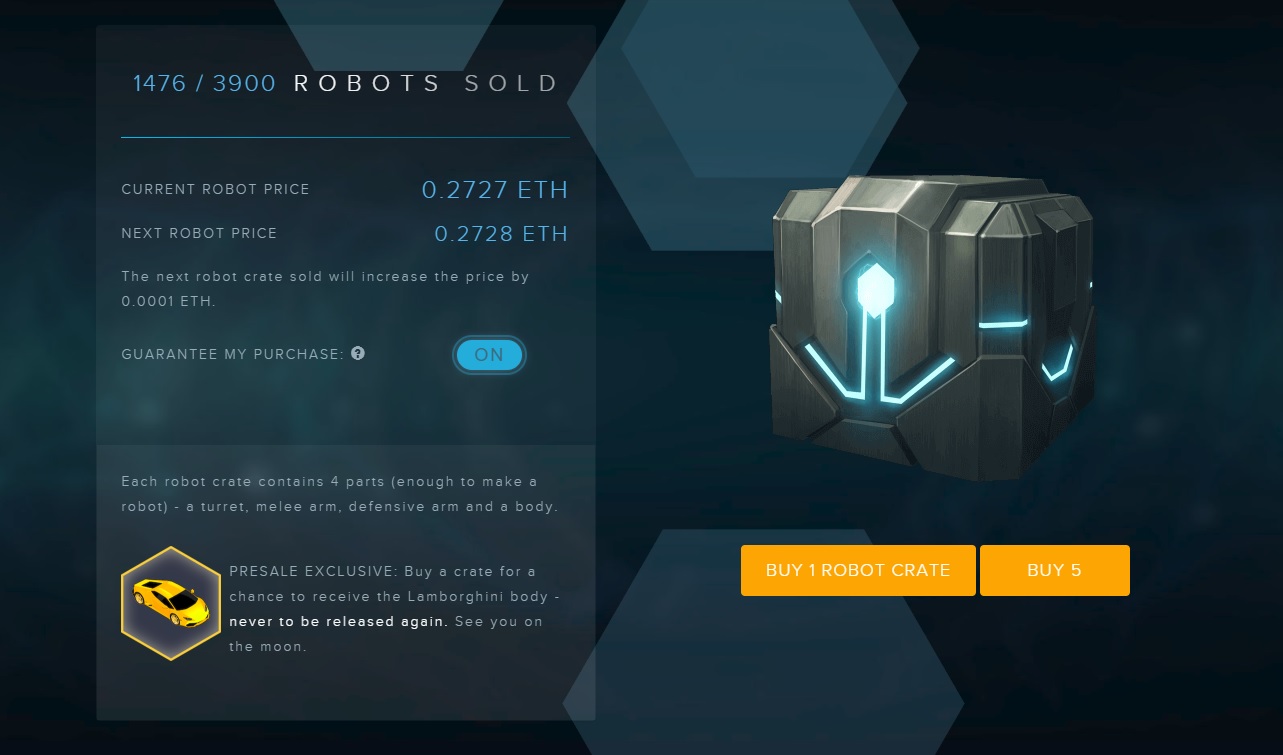The story of a 3-month gaming niche that amassed more than 100 million dollars to date.
If I wait another second, I will not do it.
As soon as this thought crossed my mind, I pressed the buy button. On the screen appeared a loading icon, followed by a popup that informed me that the money was transferred. I looked at the screen with glassy eyes and thought, “Wow. What the hell were you thinking? You’ll never see that money again. It is buried deep in the trash can of the Internet. Idiot. Idiot!!”
Maybe I was a little bit too hard on myself. After all, it’s not every day I shop impulsively online. Certainly not wasting $1,500. And certainly not on virtual items that have nothing to do with reality.
On the screen, the message changed and another message appeared.
“Congratulations, you’ve captured Sudan!”
Wow, I’m such an idiot.

First we take Manhattan. Then we take Sudan
Money Faucets
In 2010, only people in the know had heard about Bitcoin, the decentralized currency that aims to disrupt the financial markets as we know them. The general public was not aware that, with a few clicks and a bit of research, they could have become millionaires. If they had only bought several units of the coin then, when it was still small and fragile… If only.
This feeling of a missed opportunity will characterize the members of the Crypto community and make them perform very irrational actions. We’ll get there later in this post.
Meanwhile, in 2010, the Bitcoin ambassadors wanted to spread the word to an audience that was not interested in hearing. What did they do? They turned to gaming.
History has shown that games have the ability to make technology accessible to the general public. Take Pong, a classic arcade game, that was for many the first encounter with computers. Solitaire, the famous card game variant by Microsoft, had taught people how to use the mouse. And Bitcoin Faucets taught people what Bitcoin was all about and what it takes to hold it.
The game mechanics of the Bitcoin Faucets are simple. Every user that enters the Faucet’s website immediately receives a loot box that contains a variable amount of Bitcoins, free of charge.
In return, the user is exposed to advertisements and sometimes is requested to solve a few captchas. After a few minutes, the user gets another loot box, again, free of charge. The first Bitcoin Faucets sometimes gave away 5 Bitcoins per user. The equivalent of $50,000 today. Imagine that.
Since the first Bitcoin Faucets, thousands have been established and became a legitimate business for Bitcoin traders. The model remained the same to this day, but the loot box size is much smaller. In 2018, an average Bitcoin Faucet pays between 300-700 satoshi (the smallest Bitcoin unit) every 15 minutes. (If you’d like to know more about Faucets, I encourage you to read Ophir Bigel’s series of excellent posts about the topic.)

Bitcoin like water
Bitcoin. A bit like a casino token, is it not?
Exactly. As soon as Bitcoin began to gain momentum and reach a wider audience, the online casinos rushed in. After all, what is Bitcoin but a virtual token that can be traded for real money? This is the casino’s bread and butter.
Since Crypto coins are not considered to be real money, no regulation is required when dealing it online. This means that Bitcoins can be transferred in and out from a casino website with no friction at all. I’ll explain.
Today, in order to play real money games like Poker or the stock market, the customer must undergo a long process of identity verification. Sending photocopies of the credit card, an ID card, and an official document verifying the client’s home address are just part of this dreary process, which by its bureaucratic nature eliminates any impulsive form of gambling.
But in the world of Crypto, all that one needs in order to start gambling immediately is a wallet address. Even an email is not needed.
And so, Crypto-based gambling websites began to appear on the web like acne on the face of a teenager. Roulette, cards, and even simple arcade games that offer cash prizes started showing up. The ease of use and the swift funds transfer made the experience especially attractive to those with the gambling bug in them.
The bond between Crypto coins and gambling works so well that 4 billion dollars in Bitcoins has been going in and out of these websites for the past three years.
However, gambling is not suitable for everyone. Ironically, members of the Crypto community do not perceive themselves as gamblers, but as investors.
In fact, the biggest insult to a Bitcoin’s early adopter is to call him a gambler. In order for a game of luck to succeed in the community, it must disguise itself behind a facade of an investment. Say hello to Crypto Collectibles.

Bitcoin and casinos. A match made in hell.
Crypto Collectibles
When you want to make technology accessible to the masses, turning to games is a wise idea. If it does not work, you might want to add some cats to the brew. Such is the game Crypto Kitties that was released in December 2017 and became an overnight success.
Crypto Kitties is a game about collecting decentralized cats cards. Each cat has a different DNA and therefore is unique in the (digital) world. You can buy a cat, pair two of them, and sell them to the highest bidder.
And some people definitely made some high bids. Genesis, the first cat that was created in Crypto Kitties, was sold for a handful of $115,000 worth of Ethereum coins.
It was only a matter of time before similar games emerged. In just 2 weeks’ time we witnessed the launch of:
Crypto Fighter (similar to the cats but with warriors and battles)
Crypto Tulips (similar to the cats but with flowers and battles)
Angel Battles (similar to the cats but with angels and battles)
And much more and more and more. (Since the writing of these lines, a whopping number of 150 games were added to the game’s list on Dappradar, the leaderboard of decentralized apps and games.)
By the way, regarding the battles, in most websites, they do not really exist yet. These games state that the fighting feature will be deployed “sometime in the future.” In the meantime, we are buying and trading pretty useless cards.
The guiding principle of all these games is the FOMO principle (fear of missing out). Combined with the scarcity principle, that is a combo that is difficult to resist. Here is a classic example.
In this game called Etherbots, players can buy a robot that (in the future) will be able to fight other robots and earn money. Interim, the cost of a robot in presale bumps each time someone purchases a robot.

This screenshot screams FOMOOOOOOOO!
Let’s see what we have here:
1. A fairly high starting price (around $200 for a virtual robot)
2. The price bumps every time someone buys (snatch it now before it gets expensive!)
3. There are only 3,900 robots in the game (don’t be left out!)
4. The game starts in seven days, will be heavily marketed, and then everyone will come searching for robots. (By the time that happens, my robot value will quadruply!)
Since the pre-sale launch, all robots have been sold, amassing an amount equivalent to 1 million dollars, based on a few nice graphics and fishy sale methods alone. Unbelievable.
And if this story reminds you of the Bitcoin craze in general, well, you are not far off. The exact same principles apply to the economy of decentralized currencies. As more people buy Bitcoin, its value increases. There is a finite number of coins (scarcity), and everyone who participates in the Bitcoin game is 100% positive that the future is already here and that soon enough everyone will want to have Bitcoins in their possession and the dollar will rest in peace.
In other words, the new Crypto collection games are the mirror of the whole Bitcoin economy. And just as there are people who got insanely rich because of their early investments in Crypto, there are also people who have struck it rich playing these games.
One hundred thousand dollars in five days
This is the amount earned by the reporter of this blog in the Israeli Crypto game Crypto Celebs. This is a game where players can purchase “celebrity contracts” on the blockchain and trade them for double the price later on.
The most valuable contract at the time of writing is Donald Trump. Its price is just over $120,000.
I followed this story intently and watched as the prices of the cards skyrocketed. My body was aching with FOMO. As a latecomer to the Bitcoin party, I know this feeling oh too well.
Therefore, when I first heard of CryptoCountries, a Crypto Celebs clone where players trade contracts of countries, I knew I was going for it. This time, I was going to be one of the early adaptors. I was going to own this pyramid scheme!
On Tuesday, at five o’clock in the afternoon, I transferred an undisclosed sum of Ethereum coins to my Metamask account and bought the cheapest country in the game at that time, Sudan, at the amazingly low price of $1,500.

Crypto Celebs
What I’ve learned from Sudan on the future of Crypto Games
Suffering from terrible feelings of remorse (I hate gambling!), promises (I will not eat outside until I save my money back), and warnings (never again!), I logged in back to the website to see what was up.
To my relief, I saw that the cheapest asset at the time (Gabon) was already pretty close to the current value of my country, Sudan. That meant that in a few hours and a little bit of luck, Sudan would be the cheapest country again, and somebody would buy it off of me.
As soon as I realized that, I wanted to buy more.
You see, Bitcoin, Ethereum, and other Crypto coins… They can be traded for real money. But they don’t feel like real money. On the contrary. I’d never have spent the ridiculous amount of $1,500 on a virtual currency, but 1.53 ETH… that’s a different story. It’s play money!
This is exactly the reason why people use casino tokens in casinos and not real money.
The same reason why virtual currency in games is always called gems, or gold, and one can never know exactly how much “gold” is one dollar, for instance.
And it’s also the same reason why people spend more using credit cards than they do with cash money.
Because money, when not in the form of coins and banknotes, doesn’t feel like money and is easily spent.
The gaming industry, that for years has been fueled with virtual economies within games, is going to get a major boost when blockchain technologies will be integrated inside it. Imagine a game like the mobile hit Clash Royale armed with Crypto coins economy rather than fictional gold and gems. This is inevitable. I have no doubt that the real breakthrough of cryptocurrencies will be achieved through gaming.
In the meantime, luckily for me, I lacked funds to buy another virtual currency.
I shut down my computer and went to sleep.
At 6:30 am I got a message telling me that Sudan was sold. I got my money back and made a small fortune of $300. I let out a breath of relief. I’m not doing this again.
Two hours later I’d invested my earnings (and then some) on a virtual robot.
It doesn’t fight yet. But they say it’s going to, real soon.
I’ll give you an update when it does.
